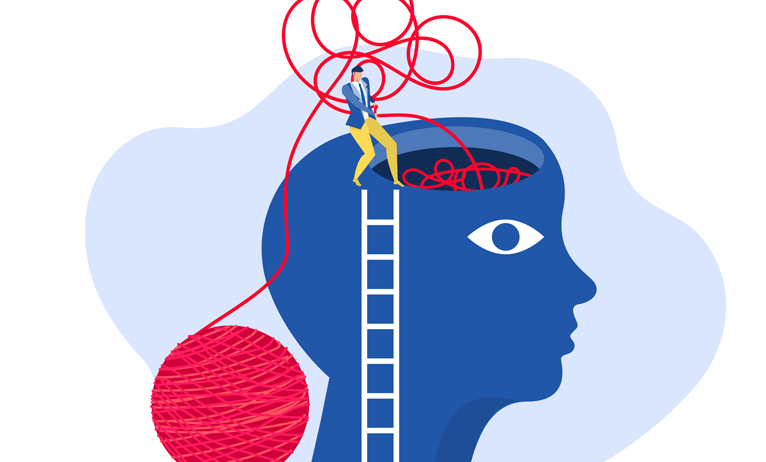Visit bias cognitive
"Systematic errors maintain people's basic beliefs despite the presence of contradictory evidence". A.T. Beck
In therapy, we start from the premise that it's certain thoughts, certain interpretations, that will make us perceive a situation in a certain way, and thus lead to pleasant or unpleasant emotions. This idea that it's our judgment of a situation that can upset us goes back a long way: Epictetus, a Stoic philosopher from 50-125 AD, already said "Men are disturbed not by things but by the idea they have of them."
And yet, to a certain extent, depending on our experience and personality, we all have different ways of perceiving the world. These cognitive distortions, or cognitive biases, act like filters, selecting only those elements that are consistent with the way we perceive the world. Here are the main ones:
- Dichotomous, all-or-nothing thinking It's all about seeing things in black and white: the situation is perceived in only two categories. "If I'm not at 100% something, I'm not.".
- Disaster The idea is to predict the future in a negative way, to foresee the worst: " I'm going to be alone all my life!"
- Positive disqualification This means ignoring the positive aspects of a situation and focusing solely on the negative: "Someone paid me a compliment, but I know it's not true.".
- Emotional reasoning It's all about taking your feelings as proof: "I'm anxious, so something must be wrong".
- Labeling The idea is to label, to make a definitive judgment about oneself or about others, without considering that the evidence could more reasonably lead to a less disastrous conclusion: "I'm a total loser. He's a bad person.."
- Amplification/minimization When you evaluate yourself, another person or a situation, you amplify the negative and/or minimize the positive in an unreasonable way.Getting a bad grade makes me incompetent. Getting good grades doesn't mean I'm smart."
- Selective abstraction You pay excessive attention to a negative detail rather than seeing the whole picture: "So-and-so didn't answer me, the evening sucked [when I was having fun before]."
- Thought reading You think you know what others are thinking, forgetting to consider other, more plausible possibilities: "He thinks I don't understand anything."
- Personalization You believe that others behave badly because of you, without considering more plausible explanations for their behavior: "So-and-so was in a bad mood because I did something wrong."
- Must" and "must" statements (also known as imperatives) You have a clear and fixed idea of how you and others should behave, and you overestimate how bad it is when these expectations are not met: "I must ... I must ... "
It's impossible to live without these cognitive biases, since we all have them, and they can be functional.
However, when they are too rigid, they become dysfunctional and a source of suffering. Questioning them on your own is difficult, because they're part of who we are and how we see the world. With the help of your therapist, you'll learn to identify them and question them, so as to soften them and acquire a little more flexibility and distance, either by introducing doubt, recontextualizing, or looking for evidence of this thinking.



